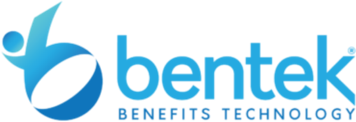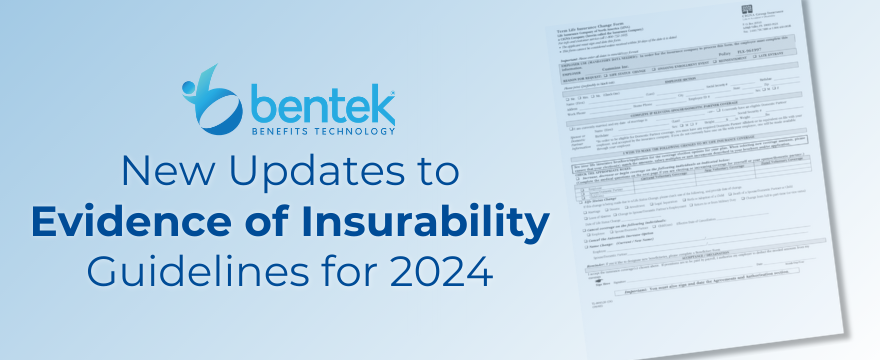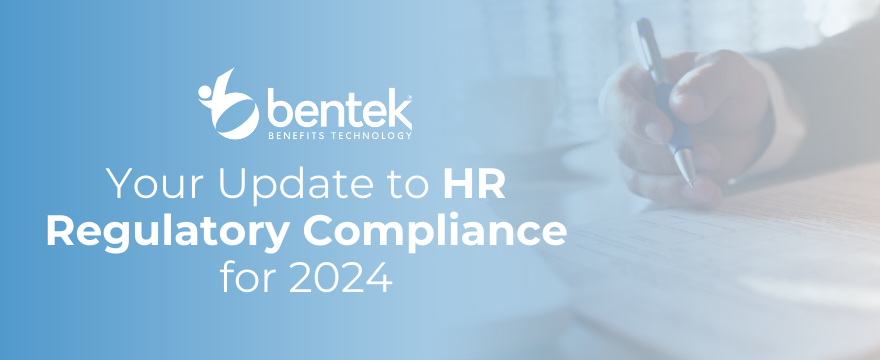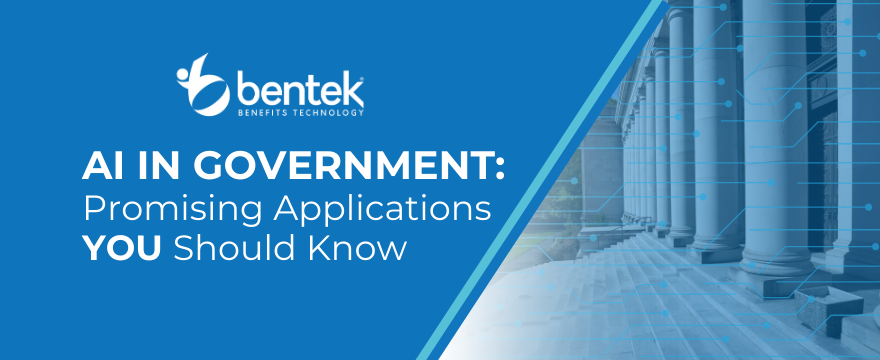The landscape of insurance is witnessing significant changes with the introduction of new Evidence of Insurability (EOI) guidelines in 2024. These updates, driven by recent settlements from the U.S. Department of Labor (DOL) with major insurance providers, aim to enhance consumer protection and streamline the EOI process.
Follow us as we explore the key changes for Evidence of Insurability.
Coverages Cannot be Denied Due to Lack of Evidence of Insurability After 90 Days of Paid Premiums
One of the most notable updates is the restriction on insurers’ ability to deny claims based on a lack of EOI after 90 days of paid premiums. Previously, insurers could deny claims if EOI was not adequately provided, regardless of how long premiums had been paid. The new legislation mandates that once a policyholder has paid premiums for 90 days, insurers can no longer deny coverage on the grounds of insufficient EOI. This change is designed to provide greater certainty and security to policyholders, ensuring that their claims are honored if they have maintained their premium payments for the specified period.
This legislative update stems from a series of DOL settlements with insurance providers, which highlighted the need for more consumer-friendly practices. For instance, the settlement with Prudential Insurance Co. of America addressed concerns about the company’s handling of group life insurance claims, resulting in a requirement to limit EOI challenges to claims involving insureds who died within three months of starting to pay premiums.
For more information on the DOL’s settlement with Prudential and what it means for the insurance industry as a whole, check out this article from Risk Strategies.
If you’d like to learn more about Prudential Life and their settlement, read this article from ThinkAdvisor that details the claim review rule settlement with the DOL.
Revised Procedures for Dependents’ Coverage Dates
In addition to changes affecting individual policyholders, the new legislation also revises procedures involving dependents’ coverage dates. Insurers are now required to adopt more flexible and transparent processes for determining the effective dates of coverage for dependents. This includes allowing more time for policyholders to submit necessary documentation and ensuring that dependents are not unfairly excluded from coverage due to administrative delays or oversight.
The DOL’s involvement has been crucial in pushing for these reforms. Settlements with major insurers have emphasized the importance of clear communication and fair treatment in handling dependents’ coverage. These changes are expected to reduce the number of disputes and enhance the overall experience for policyholders and their families.
Impact for Employers and Third-Party Administrators on New 2024 Evidence of Insurability Guidelines
The updated Evidence of Insurability (EOI) guidelines for 2024 introduce a significant shift in responsibility for employers and third-party administrators (TPAs). These changes underscore the need for meticulous handling of EOI applications and associated premium payments, as failure to adhere to the new guidelines could result in increased liability for both parties.
Heightened Responsibility and Accountability
With the new guidelines, employers and TPAs are now required to take a more active role in the accurate processing of EOI applications. This involves ensuring that all applications are completed correctly and that premiums for the coverage are appropriately withheld and remitted. The implications of mishandling these processes are more severe than in previous years; both employers and TPAs can be held liable for claims if errors occur. This shared liability means that any mistake in the EOI process could lead to significant financial and legal consequences for all involved parties.
Tightening Processes
To mitigate these risks, employers and TPAs must tighten their internal processes. This includes implementing thorough checks to verify the accuracy of EOI applications before submission, ensuring timely and correct premium deductions, and maintaining clear communication channels between all parties involved. Regular audits and training sessions may also be necessary to keep staff updated on the new requirements and to minimize the potential for errors.
Increased Collaboration
The updates also emphasize the need for closer collaboration between employers and TPAs. Both parties must work together to ensure that the EOI process is handled smoothly, and that all legal and regulatory obligations are met. This collaboration should extend to clear documentation of each step in the EOI process and swift resolution of any issues that arise.
The Stakes Are Higher
The key takeaway from these updates is that everyone involved in the EOI process now has “skin in the game.” Employers and TPAs cannot afford to be lax in their duties, as the consequences of incorrect handling are more significant than ever. This added layer of responsibility is designed to protect the integrity of the EOI process and ensure that all parties are held accountable for their roles in managing employee benefits coverage.
Future Outlook for Evidence of Insurability
The 2024 updates to EOI guidelines reflect a broader trend toward improving consumer protection in the insurance industry. By limiting the grounds for denial after a certain period of paid premiums and ensuring fair treatment of dependents, these changes aim to build trust and reliability in insurance practices.
Insurance companies are now required to review and adjust their procedures to comply with the new regulations. This includes updating their systems to track premium payments accurately and ensuring that EOI requirements are communicated clearly to policyholders. Additionally, insurers must train their staff to handle EOI-related issues in line with the new standards.
For policyholders, these updates mean greater peace of mind and protection against unexpected claim denials. The DOL’s settlements and subsequent changes underscore the commitment to making the insurance process more transparent and equitable.
In conclusion, the 2024 updates to evidence of insurability legislation mark a significant step forward in consumer protection within the insurance industry. By addressing issues related to claim denials and dependents’ coverage, these changes aim to create a more secure and reliable insurance environment for all policyholders.
For more detailed information on these legislative updates, you can refer to the U.S. Department of Labor’s official announcements:
- [June 11, 2024, DOL News Release](https://www.dol.gov/newsroom/releases/ebsa/ebsa20240611)
- [September 29, 2023, DOL News Release](https://www.dol.gov/newsroom/releases/ebsa/ebsa20230929)
Want more articles like this? Check out the Bentek Blog!




